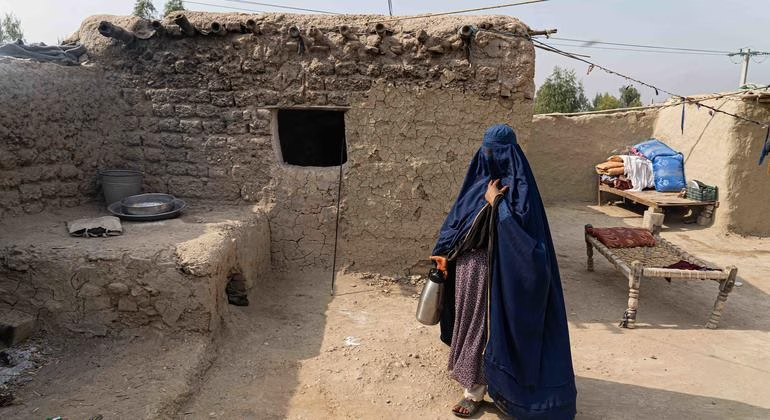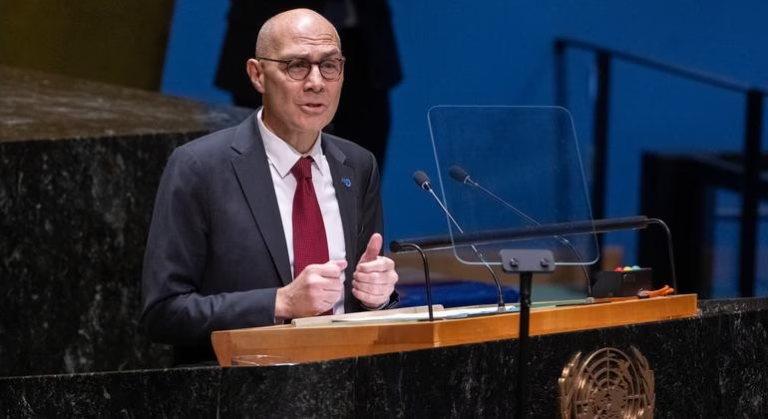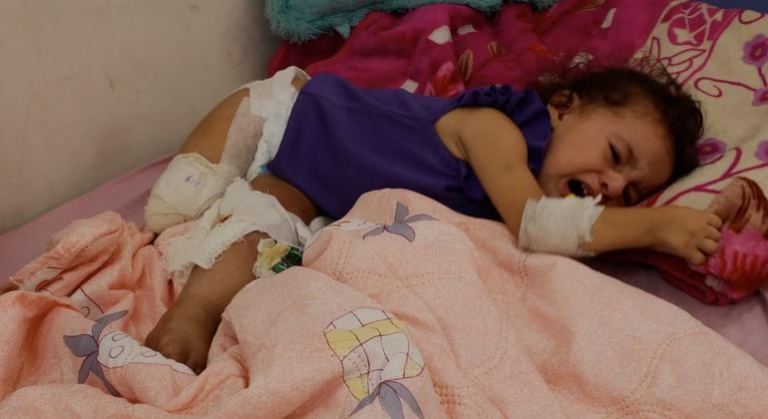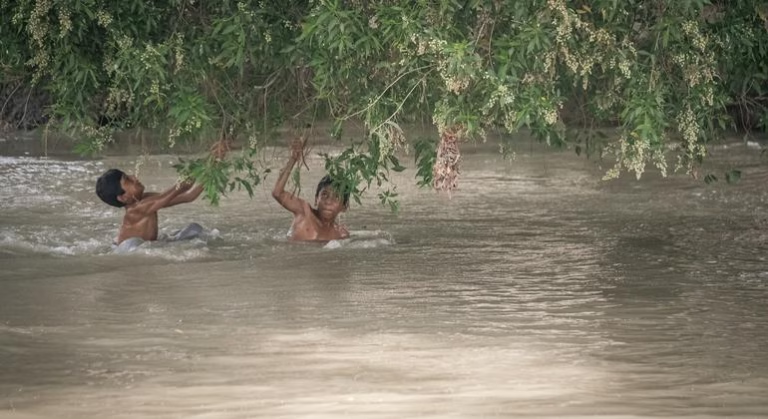
“Budgetary constraints, shifting global priorities, and growing introspection on the part of some nations risk leaving Afghanistan ‘poorer, more vulnerable, and more isolated,'” she warned. “This is an avoidable outcome, but only if all stakeholders recognize the risk and seek actively to avoid it, particularly the de facto authorities.”
“The most helpful development would be a clear signal from the de facto authorities that they are committed to the reintegration of Afghanistan with the international community with all that it implies. This is a moment for realism.”
Humanitarian crisis and funding cuts
Ms. Otunbayeva highlighted the dire humanitarian situation in Afghanistan, where over 23 million people require international aid and protection. Severe funding shortfalls have already forced the closure of more than 200 health facilities, impacting nearly two million people and resulting in significant reductions to essential malnutrition services.
Afghanistan’s economy grew by 2.7 percent in 2024, driven by regional investments in infrastructure. However, this modest growth cannot offset the sharp decline in foreign aid or the country’s continued isolation from the international system.
“Lives and livelihoods will be lost and development gains further eroded… Here we return to the question of Afghanistan’s international obligations,” she warned. Attacks by the Islamic State in Iraq and the Levant-Khorasan (ISIL-K) continue, and the presence of armed groups such as Tehrik-e Taliban Pakistan (TTP) remains a regional concern.
Taliban’s selective approach
The Taliban’s approach to international obligations continues to be an obstacle to Afghanistan’s reintegration into the global community. While some technical discussions have taken place, broader issues, particularly human rights, remain largely unaddressed.
“They have so far treated the Afghan State’s international obligations selectively, rejecting some on the basis they allegedly impinge on the country’s sovereignty or violate their traditions,” she said, cautioning that these obligations affect not only progress along political pathways but also “the well-being of Afghanistan’s entire population.”
Worsening restrictions on women and girls
The situation of women and girls in Afghanistan is particularly concerning, as the Taliban’s severe restrictions on their rights and freedom persist. The closure of medical institutes to female students, one of the last remaining avenues for women to receive professional education, will further worsen maternal and infant mortality in the country.
Ms. Otunbayeva also cautioned that the Taliban’s enforcement of its Law on the Prevention of Vice and Promotion of Virtue remains a significant obstacle to Afghanistan’s reintegration into the international community.
Call for realistic engagement
Ms. Otunbayeva emphasized that mechanisms for engagement still exist. Working groups on counter-narcotics and the private sector have provided a framework for confidence-building, and the UN’s proposed Comprehensive Approach identifies a framework to address the difficult issues blocking Afghanistan’s reintegration into the international community. However, progress depends on political will from all sides,” she said.
Source: https://news.un.org/feed/view/en/story/2025/03/1160966








